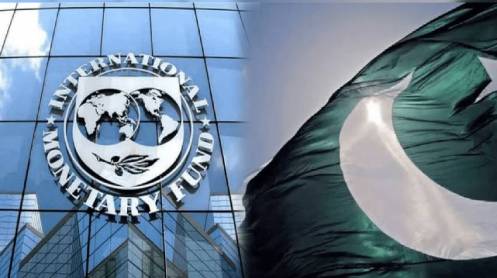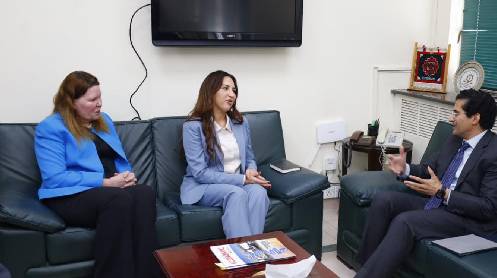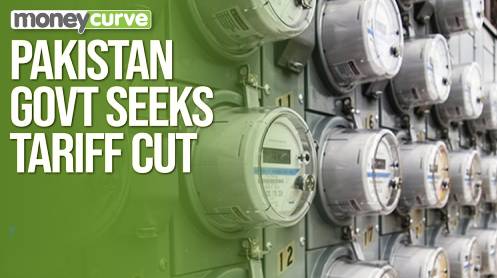The government is set to present its first budget since its inauguration in March, facing stringent conditions imposed by the International Monetary Fund (IMF). Local economists predict the budget will result in heavy taxation and increased inflation.
Negotiations between the finance ministry and the IMF are ongoing as the government grapples with the loaning agency’s tough demands. These include increasing the tax revenue target, withdrawing subsidies, taxing the agriculture sector, raising levies and taxes on power, gas, and oil sectors, privatizing struggling government organizations, and improving administrative efficiency.
Last fiscal year’s tax target was nearly Rs9.4 trillion, while the IMF reportedly wants it increased to Rs11 trillion for 2024-25. The Federal Board of Revenue reported tax revenue of $25.99 billion by March 2024, with overall revenue growth at 31% during the first 11 months of the current fiscal year compared to the same period last year.
“The government is working on several reforms to stabilize the economy, but some IMF demands, particularly regarding the tax revenue target, are very challenging given the current economic conditions,” a finance ministry official stated. The government is negotiating for a larger loan program, aiming for $7 to $8 billion, following the receipt of a $1.1 billion tranche from the IMF in May.
In a move welcomed by the business community, the State Bank reduced the interest rate from 22% to 20.5% after inflation slowed to a 30-month low of 11.8% in May.
State Minister for Finance Ali Pervez Malik did not comment on the IMF’s demands. Economist Ashfaque Hasan Khan remarked that the IMF conditions put Pakistan in a difficult position. “Rejecting the IMF’s tough conditions is challenging as Pakistan seeks another loan program,” Khan said, noting that the Rs1.6 trillion increase in the tax revenue target is hard to achieve given the depressed economic environment.
Economist Khaqan Najeeb shared similar concerns, stating that failure to convince the IMF to focus on increasing the tax-to-GDP ratio could lead to a heavy taxation budget and delay a new agreement with the IMF. Najeeb emphasized the need to broaden the tax base, remove concessions, increase the tax net, ensure compliance, and improve administration. He also suggested taxing the agriculture and retail sectors.
Khan supported the idea of taxing agricultural income but not agricultural inputs like fertilizers and pesticides, warning that taxing inputs would harm small farmers and lead to increased production costs, food inflation, and insecurity.
Pakistan is currently the fourth biggest debtor to the IMF with an outstanding debt of $7.72 billion. Khan argued that the IMF’s loans increase dependency and suggested that with financial discipline and support from friendly countries, it might be possible for Pakistan to reduce its reliance on the IMF.
Courtesy Anadolu Agency





